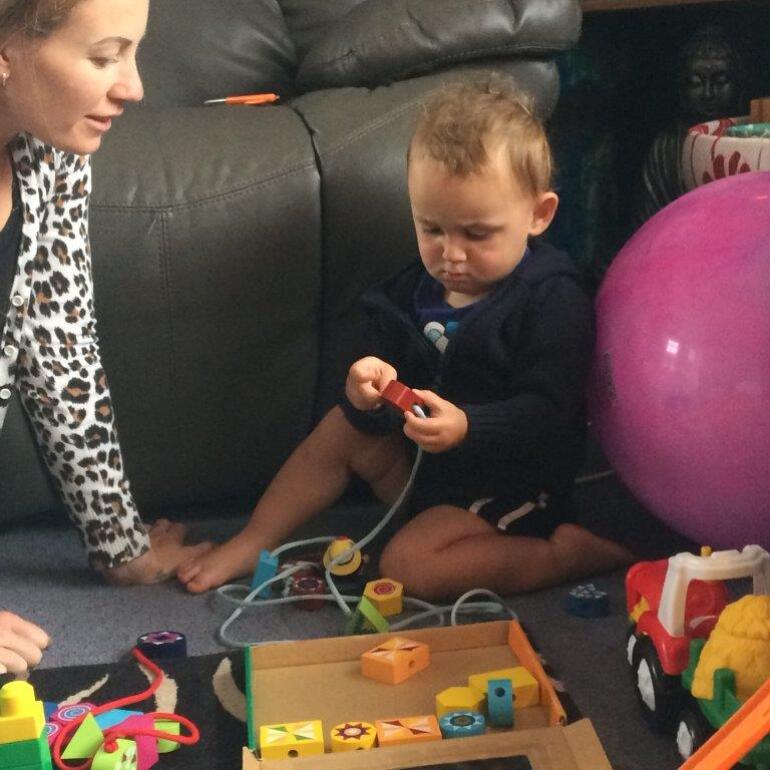News And Events

Learning Through Play
22 February 2017Educators in a homebased setting provide a learning environment for children to experience a range of opportunities. Educators are supported to notice, recognise and respond to individual children’s interests so that learning can be naturally interwoven into children’s play. This ensures children’s learning is meaningful and interesting, resulting in positive experiences with an increase in knowledge and skill.
For example, a child might be interested in cars and roads as evidenced during their play, or a family member may work in the construction industry. An Educator might support this interest with a range of opportunities and experiences such as visiting the local library to look up children’s resource books on cars and roads; provide a range of materials for the child to build with such as recyclable materials, clay/playdough, or natural resources including sticks, small rocks and harakeke, or visiting a site where roadworks or building might be taking place to see a range of different vehicles. All of these experiences provide the child with opportunities to explore their interest with guidance and support to gain new knowledge and skills. Throughout this learning, children can build literacy and numeracy skills as we encourage the child to share their thoughts and ideas about what they see, what they know, what they think is happening.
The Early Childhood Education Curriculum, Te Whāriki, states that:
The curriculum is provided by the people, places, and things in the child’s environment: the adults, the other children, the physical environment, and the resources. The curriculum integrates care and education and includes both specifically planned experiences and activities and interactions that arise spontaneously.
Homebased care and education provides opportunities for children to engage in learning in an unhurried environment and enables children to interact as part of a smaller group whilst still having their individual care needs met. Working together in partnership with families and whānau to discover children’s interests allows Educators to implement a quality curriculum for each individual child, focussing on their interests. We also encourage the following teaching strategies:
- Giving children time to think and respond
- Listening to children; join in their play
- Asking children about their own learning
- Using words to name objects or actions
- Encouraging children to persist
- Showing interest in what a child is doing
- Demonstrating how to do something
- Explaining how something works
- Suggesting ideas, ask questions
When children engage in meaningful learning through play that is of interest to them, they are more likely to learn skills and gain new knowledge of the world around them.


